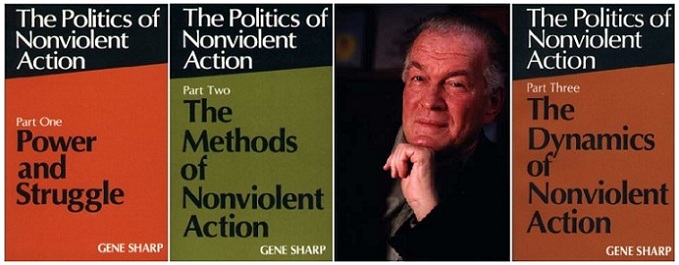Neither rise nor decline. Pay attention, American-declinist intelligentsia of various stripes:
Is 2011 the year that the India story—carefully buffed for the better part of a decade by boosters and dispassionate observers alike—begins to lose its sheen? If foreign investors are a bellwether, then the answer may well be yes.
In January, foreign institutional investors, driven in part by high inflation and the sluggish pace of economic reforms, pulled $900 million out of India’s stock markets. According to the United Nations Conference on Trade and Development, foreign direct investment in India plunged 32% last year to $24 billion, making it Asia’s only large economy to suffer a decline in that period. (China attracted more than four times as much FDI as India in 2010.) A recent survey of 89 fund managers by Morgan Stanley showed that only a quarter of buy-side investors believe that India will beat other emerging markets this year, the glummest outlook in two years.
Sadanand Dhume, WSJ-Asia (via the AEI Enterprise blog.)
America wastes no talent
Conventional wisdom holds that America’s global competitiveness is driven by geniuses flocking to its shores and producing breathtaking inventions. But America’s real genius lies not in tapping just genius — but every scrap of talent up and down the scale.
Shikha Dalmia, the Daily (via HotAir.)
My father likes to make the same point (“America finds a way to use everybody.”) Some immigrants pay attention, you know. Sometimes better than certain intelligentsia.
Some time back Lexington Green asked, musingly, what exactly drew us all to this corner of the blogosphere known as ChicagoBoyz?
One underlying theme, in my opinion, is how hard it is to create and sustain a prosperous, safe society. Rule of law, a sound moral grounding, a good quality educational system, scientific study, a well-trained and funded military, proper planning and understanding of various logistics, a keen sense of what is possible and what is not, and so on. Wealth, beauty, comfort, kindness, and, well, “goodnesses” of all sorts don’t just happen. It takes effort. It takes thought. It takes understanding.
It takes a lot of hard work. Nothing is inevitable. Neither rise nor decline. We Americans have many advantages. We should cultivate them.
